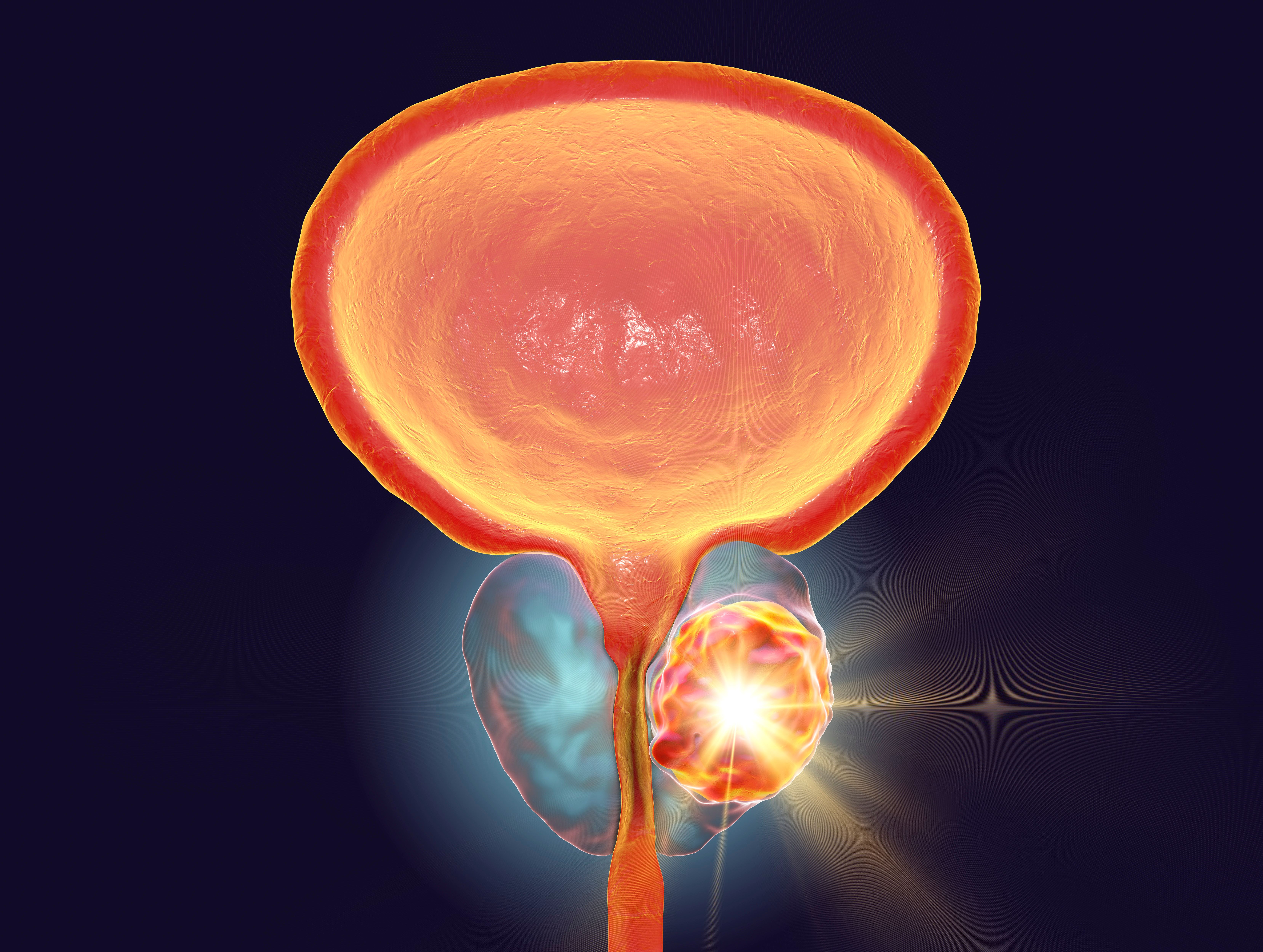Article
Breakthrough Therapy Designation Highlights Cancer News Review
Author(s):
Top stories from last week in oncology drug development.
BI-1482694 Receives Breakthrough Designation for NSCLC
The FDA has granted a breakthrough therapy designation to the third-generation EGFR TKI BI-1482694 as a potential treatment for patients with T790M-positive non—small cell lung cancer, based on phase I/II data presented at the 2015 ESMO Asia Congress. In the study, the objective response rate by independent assessment with BI-1482694 was 62% for patients with T790M-positive NSCLC.
When looking specifically at those with a response confirmed on subsequent scans, the response rate with BI-1482694 was 46%. The overall disease control rate with BI-1482694 was 91% by independent review. The most common treatment-related all-grade AEs with BI-1482694 were diarrhea (55%), nausea (37%), rash (38%), and pruritus (36%).
A pivotal phase II study is already under way. Given the standard timeline for clinical development, Boehringer Ingelheim hopes to gain approval for BI-1482694 in Europe and the United States for patients with NSCLC in 2017.
See more at: http://www.onclive.com/web-exclusives/fda-grants-bi-1482694-breakthrough-designation-for-t790m-positive-nsclc
Prophylactic Loperamide Reduces Neratinib-Related Diarrhea
Grade 3 diarrhea occurred in 16% of patients treated with neratinib and prophylactic loperamide, representing a significant reduction compared with phase III findings from the ExteNET trial, according to an open-label study presented by Puma Biotechnology in a conference call.
Diarrhea of any grade was experienced by 60% of patients receiving neratinib and prophylaxis. In the original protocol group, 18.5% of patients experienced grade 3 diarrhea (95% CI, 6.3-38.1). Of those who experienced a grade 3 event (n = 5), 60% were non-compliant to the loperamide regimen. In an arm with a simplified loperamide treatment regimen, the grade 3 diarrhea rate was 13% (95% CI, 2.8-33.6) and 67% of patients were non-compliant.
Overall, in the ExteNET study, 95.4% of patients experienced all grade diarrhea, with 39.9% of patients having a grade ≥3 event. Puma plans to submit a new drug application to the FDA and European Medicines agency, based on findings from the ExteNET study and the open-label loperamide prophylaxis trial.
Frontline Afatinib Bests Gefitinib in NSCLC
Frontline afatinib reduced the risk of progression or death by 27% compared with gefitinib for patients with EGFR-mutant non—small cell lung cancer, according to findings from the phase IIb LUX-Lung 7 trial presented at the 2015 ESMO Asia Congress. In the open-label study, the 18-month progression-free survival rates were 27% versus 15%, for afatinib and gefitinib, respectively.
At 24 months, 18% of those in the afatinib arm remained alive and progression-free compared with 8% in the gefitinib group. The time to treatment failure was 13.7 versus 11.5 months and the objective response rates were 70% compared with 56% for afatinib and gefitinib, respectively (P = .0083).
Median PFS was 11.0 versus 10.9 months, for afatinib and gefitinib, respectively (HR, 0.73; P = .0165). Time to treatment failure was improved by 27% with afatinib versus gefitinib (HR, 0.73; P = .0073). After a median follow-up of 27.3 months, median overall survival data were not yet mature.
See more at: http://www.onclive.com/web-exclusives/upfront-afatinib-bests-gefitinib-in-phase-ii-lung-cancer-study
Cabozantinib Submitted to FDA for RCC
A new drug application has been submitted for cabozantinib as a treatment for patients with advanced renal cell carcinoma who have received one prior therapy. The application for cabozantinib was based on findings from the phase III METEOR trial, which demonstrated a 42% reduction in the risk of progression or death for cabozantinib versus everolimus in patients with advanced RCC.
After a minimum of 11 months of follow-up, the median PFS with cabozantinib was 7.4 months compared with 3.8 months with everolimus (HR, 0.58; P <.001). By investigator assessment, the median PFS was 7.4 months with cabozantinib and 5.3 months with everolimus (HR, 0.60; P <.001).
Data for the application were submitted on a rolling basis as part of a breakthrough therapy designation received by the multikinase inhibitor for RCC in August 2015. Under the Prescription Drug User Fee Act, the FDA is scheduled to review the application within 60 days, at which point the agency will assign a review deadline. Exelixis has requested a priority review, which would provide a decision within 6 months compared with 10 months under a standard review.
See more at: http://www.onclive.com/web-exclusives/exelixis-completes-rolling-submission-for-cabozantinib-in-rcc
Newsletter
Stay informed on drug updates, treatment guidelines, and pharmacy practice trends—subscribe to Pharmacy Times for weekly clinical insights.





